An active game that allows students to test and build their vocabulary knowledge.
This teaching resource is a way for students to review vocabulary terms in a fun way. In this active game, students must beat their fellow classmates at swatting the correct word with a fly swat.
Physical activity can have a positive impact on the brain and can improve cognition, mood, attention and engagement in students. So, why not give it a go?
This resource includes an instruction sheet, as well as variations for playing the game.
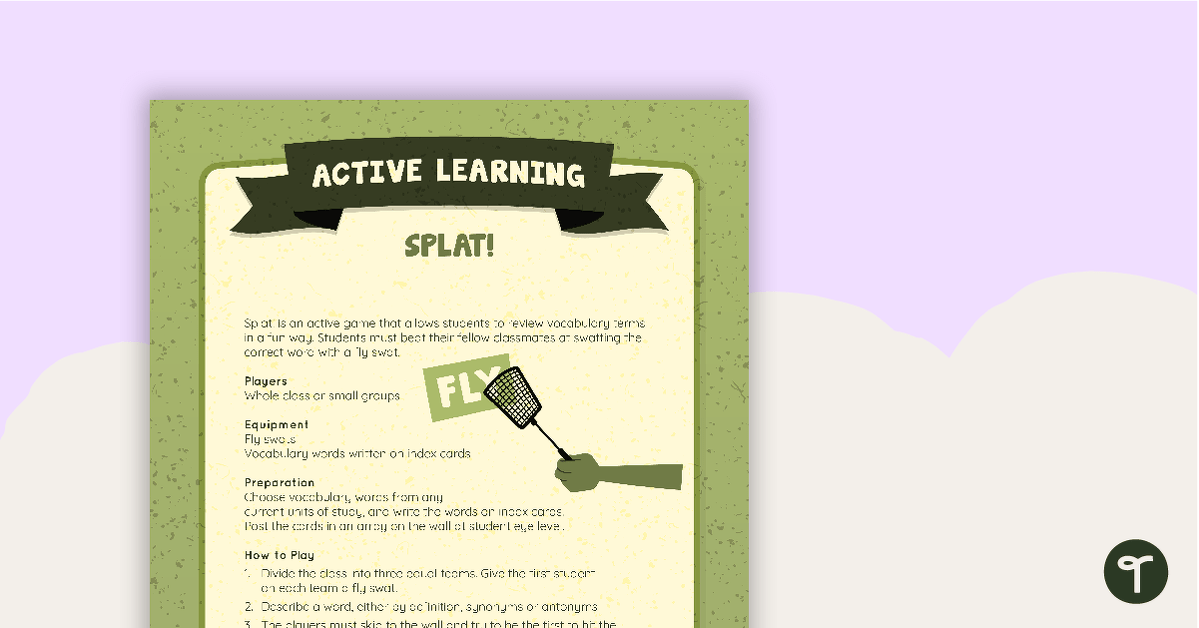

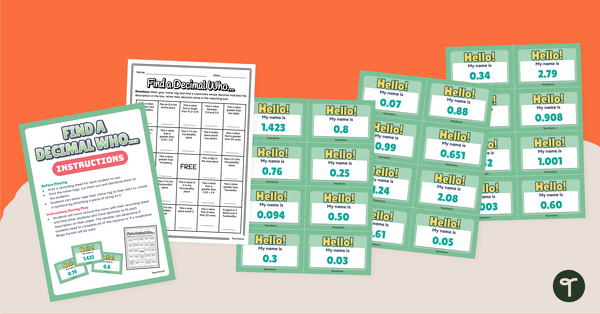
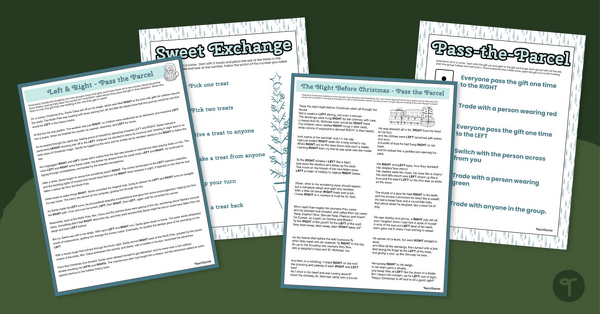


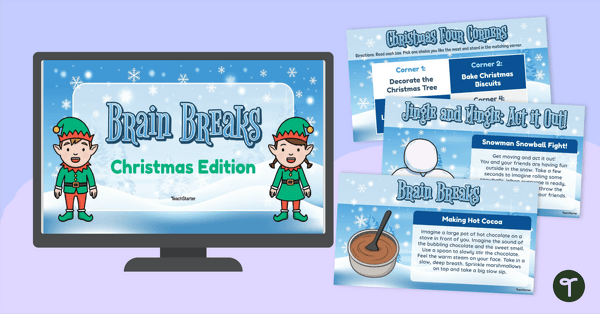
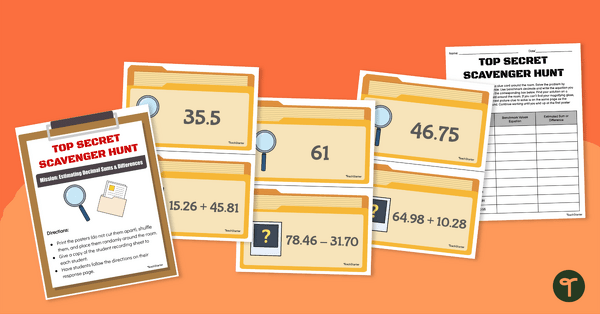
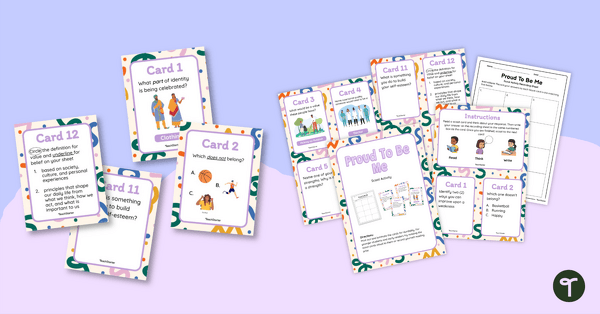
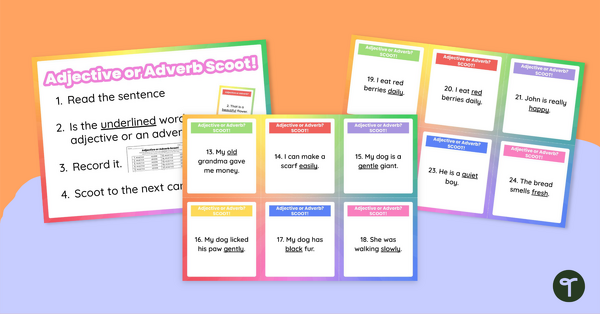
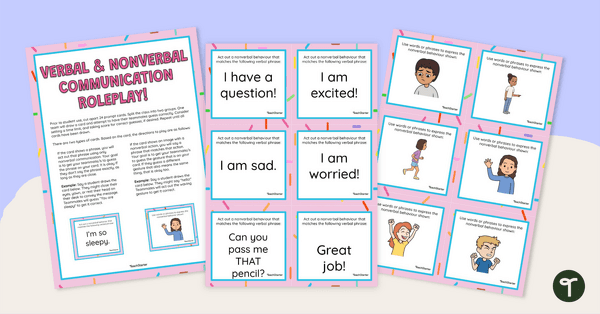
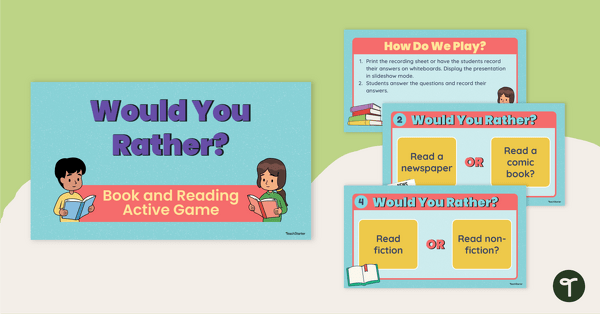
0 Comments
Write a review to help other teachers and parents like yourself. If you'd like to request a change to this resource, or report an error, select the corresponding tab above.